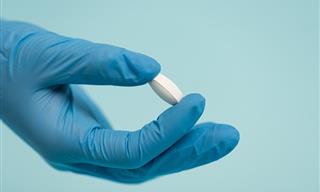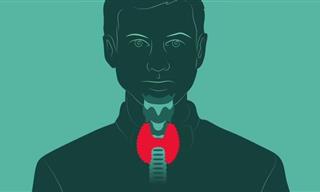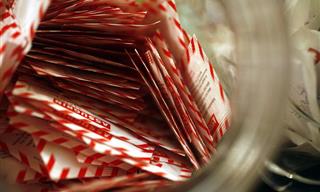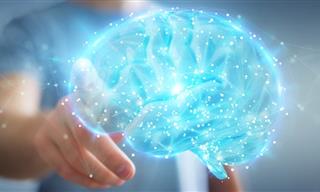Fatty liver disease, as the Cleveland clinic defines it, is a condition caused by the storage of extra fat in the liver. It’s usually seen in people who are overweight or obese, but most people have no symptoms. In some cases though, it can lead to liver damage. But the good news is that it’s easily reversible or even preventable through lifestyle and diet changes. We will be reviewing some of the steps you can take today.
What does a liver do?

But before we begin let’s see, what does the liver do? The liver has many different functions. First, it produces bile, which is a substance that breaks down fat into nutrients like omega fatty acids. The liver also makes proteins and glucose from fat and protein. It stores all kinds of nutrients and helps you detoxify your body.
WebMD lays down some ground rules for which foods would help you reach a healthy weight and a healthy liver: “In general, foods that fight cell damage, make it easier for your body to use insulin, or lower inflammation.“ But what does all of this mean? Let’s break it down.
The good fat and bad fat

There is the fat you should consume and there is that you should avoid. In general, you do not need to consume any sugar, because your body can synthesize its own. And sugar, rather than fat, is what makes you gain weight in the long run.
consuming too much sugar can ultimately lead to a condition called insulin resistance, which most people with fatty liver disease suffer from. Insulin resistance is a condition in which your body produces too much insulin (which is responsible for the proper absorption of sugar into the cells) but can’t quite use it well. Instead, sugar builds up in your blood, rather than working into the cells, and your liver turns it into fat.
But there are fats that can help the body use insulin better. These are omega-3 fatty acids and monounsaturated fats, found in:
- Fish
- Nuts (especially cc and walnuts)
- Flaxseed
- Leafy greens
- Olives
- Avocados.
Many of these food staples are found in the Mediterranean diet. Consider giving it a go. If you’re looking for a massive change in your diet you could also consider taking on intermittent fasting and a ketogenic diet. Here's a guide.

On the other hand, there are fats you should avoid, which are called saturated fats. These lead to more and more buildup in your liver, and will usually be found in:
- Red meat
- Palm and Coconut oil
- Everything and anything with sugar
- Full fat cheese
You may also want to consume less yogurt and poultry, unless it’s lean white meat.
Antioxidants, vitamins, and minerals
 You can head over to our comprehensive guide about antioxidants to learn more about where you can get them in your diet. In addition to antioxidants, WebMD also recommends adding potassium to your diet. These foods are good sources:
You can head over to our comprehensive guide about antioxidants to learn more about where you can get them in your diet. In addition to antioxidants, WebMD also recommends adding potassium to your diet. These foods are good sources:
- Codfish
- Salmon
- Sardines
- Broccoli
- Peas
- Bananas
- Kiwi
- Apricots.
Dr. Eric Berg recommends vitamin D as well for fatty liver disease. While you can consume it in supplement form, the best way to get vitamin D is limited and controlled exposure to the sun. Lay flat in the sun with as little clothing as possible, for no longer than 20 minutes a day, with no sunblock.
Eating fiber can also help with insulin resistance. If you’re looking for natural supplements, consider curcumin and resveratrol, vitamins A and E, and choline. When choosing a vitamin E supplement, go for those containing tocopherols and tocotrienols- these are the best natural forms. Your pharmacist will know where to direct you.
Cruciferous vegetables such as:
- Arugula
- Broccoli
- Brussels sprouts
- Cabbage
- Radish
- Swiss chard
all have high fiber content, and low carbs.
Garlic and onion also help remove fat from your liver. As far as drinks go, 1 cup of coffee a day could help strip your liver of excess fats, as well as green and black tea.
Lifestyle changes
 Changing your diet isn’t enough. This is only one part of your healing journey, which will consist of several lifestyle changes.
Changing your diet isn’t enough. This is only one part of your healing journey, which will consist of several lifestyle changes.
- Limit your alcohol consumption to once a month, or not at all.
- Lose weight. If you have a belly, you probably have a fatty liver. According to WebMD, even dropping just 5% of your body weight could lower the fat in your liver. Practicing intermittent fasting and a well-balanced ketogenic diet could help tremendously with that.
- Start exercising. Any and every kind of exercise will be good and beneficial for us at a later. But high intensity workouts could even help with scar tissue (cirrhosis).
Source: 1, 2.
 Go to BabaMail
Go to BabaMail





























